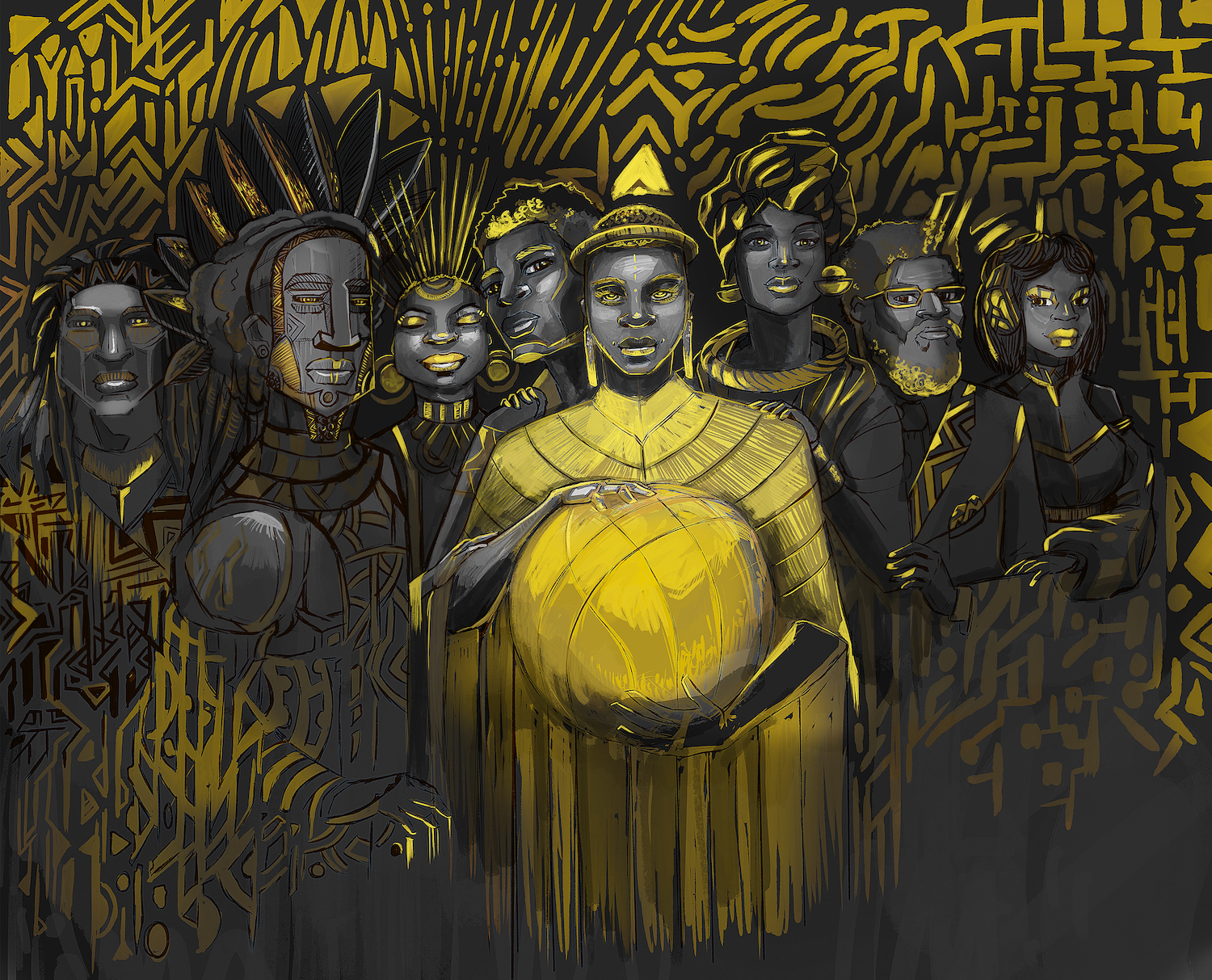Our present moment, defined by fear, lockdowns, curfews, isolation, and grief begs for a cure for loneliness. Never before have we had to confront our mortality in such painful ways. This is not to say that we have never been aware of death or loss. Those of us who belong to the church of the informally settled have, like everyone, always known that we are destined to go—today, tomorrow, the day after, or on a sunny Wednesday morning in a decade’s time. For many of us, most of our time has been spent trying to escape places and moments like these: the enforced silences in which erasure happens.
But even in this time we are defiant. We search for ways to be more than whispers on fingertips, people who will be written about by distant writers determined to insert themselves into our past, constantly trying to undermine our presence and excellence. So we write in the midst of this so-called new normal that still bears the familiar taint of prejudice and exclusion. We dream about better times and draw them as we send out messages of condolences for those who will not see the world that is come. We tell stories about stern principles being chased around a souk by Fatima’s dog. We pause and listen to the sweeping in the street below and think about the ephemeral state of our youth, our small forevers, back when we thought we would never grow old.
We are told that for Heaven there is a price to be paid. We wonder how high it is, and how long we should pay it. We look at photos of the past and hear the echoes of violence. We think of our grandmothers and their youth, their womanhood, defined by age and place, and in so doing learn not to fear what happens to the body when it gets old. Regardless of how time passes through us, we will never be too old to cut the banana when erected.
And to our continental cousins who courageously continue to curate our imaginations, our creations, our art, us, to ourselves and to the rest of the world, we say: carry on. We are wary of the bitter, the frustrated, and the disappointed, and those who have done little or nothing to shoulder their burden when it became due. We favour sentiment with intention. And, most importantly, action.
If this present moment has shown us anything it is this: each other.
And now that I have seen you—yes, you—from Namibia, Angola, Germany, Jamaica, Lesotho, Mozambique, Sierra Leone, South Africa, South Sudan, Sudan, Tanzania, Zambia, Zimbabwe, and all the other geographies and strains of Africa and its rich diaspora—I am certain of one thing.
Wherever it is we are headed—those that remain—there is only one way to get there: together.
I will always be looking for you tomorrow.
This is Doek!—a literary magazine from Namibia.

Rémy is a Rwandan-born Namibian writer and photographer. He is the founder, chairperson, and artministrator of Doek, an independent arts organisation in Namibia supporting the literary arts. He is also the editor-in-chief of Doek! Literary Magazine.
His debut novel The Eternal Audience Of One was first published in South Africa by Blackbird Books and is available worldwide from Scout Press (S&S). His work has appeared in The Johannesburg Review of Books, Brainwavez, American Chordata, Lolwe, and Granta, among others, with more forthcoming in numerous publications. He won the Africa Regional Prize of the 2021 Commonwealth Short Story Prize. He was shortlisted for the AKO Caine Prize for African Writing in 2020 and 2021 and was also longlisted and shortlisted for the 2020 and 2021 Afritondo Short Story Prizes respectively. In 2019 he was shortlisted for Best Original Fiction by Stack Magazines.
***
Romeo Sinkala is a digital artist, illustrator, and art director. As an artist he is influenced by comic books and character design. He loves to explore African stories and characters. Romeo wrote and illustrated Sumbu, a children’s book about Namibia’s independence. He also co-authored Jahohora as an illustrator.